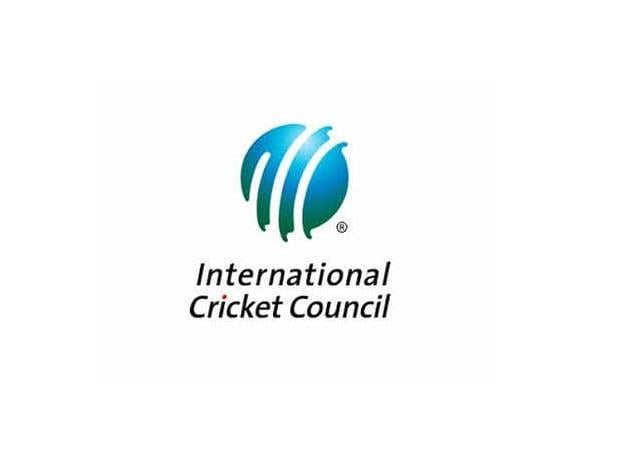ICC notifies slew of changes to cricket rules, bans saliva use permanently
The International Cricket Council (ICC) announced a slew of changes to its existing rules on September 20. The new rules, which will come into effect on October 1, were announced ahead of the upcoming T20 World Cup in Australia that is scheduled to take place in November.
Extending the ban on using saliva to shine the ball, ICC said that it was now prohibited permanently. The practice was originally banned keeping in mind the Covid-19 pandemic. Also Read | Men’s FTP ’23-’27: India to play 38 Tests, 42 ODIs; no series vs Pakistan
Here is the list of new changes announced by ICC:
Use of saliva to polish the ball
Extending the ban, ICC said, “This prohibition has been in place for over two years in international cricket as a COVID-19-related temporary measure and it is considered appropriate for the ban to be made permanent”.
Batters returning when caught According to the new rules, now when a batter is caught out, the new batter will come in at the end the striker was, regardless of whether the batters crossed prior to the catch being taken.
Incoming batter ready to face the ball An incoming batter will now be required to be ready to take strike within two minutes in Tests and ODIs, while the current threshold of ninety seconds in T20Is remains unchanged.
Unfair movement by the fielding side Any unfair and deliberate movement while the bowler is running in to bowl could now result in the umpire awarding five penalty runs to the batting side, in addition to a call of Dead ball.
Striker’s right to play the ball This is restricted so as to require some part of their bat or person to remain within the pitch. Should they venture beyond that, the umpire will call and signal a Dead ball.
Any ball which would force the batter to leave the pitch will also be called No ball.
Running out of the non-striker The playing conditions follow the Laws in moving this method of effecting a Run out from the ‘Unfair Play’ section to the ‘Run out’ section.
Bowler throwing towards striker’s end before delivery Previously, a bowler who saw the batter advancing down the wicket before entering their delivery stride, could throw the ball to attempt to run out the striker. This practice will now be called a Dead ball.
Also, the in-match penalty introduced in T20Is in January 2022 will now also be adopted in ODI matches after the completion of the ICC Men’s Cricket World Cup Super League in 2023. In the in-match penalty, a failure of a fielding team to bowl their overs by the scheduled cessation time leads to an additional fielder having to be brought inside the fielding circle for the remaining overs of the innings. It also attracts penalty.
It was also decided that the playing conditions for all Men’s and Women’s ODI and T20I matches will be amended to allow hybrid pitches to be used, if agreed by both teams. Currently, hybrid pitches can only be used in Women’s T20I matches.
For all the latest Sports News Click Here

